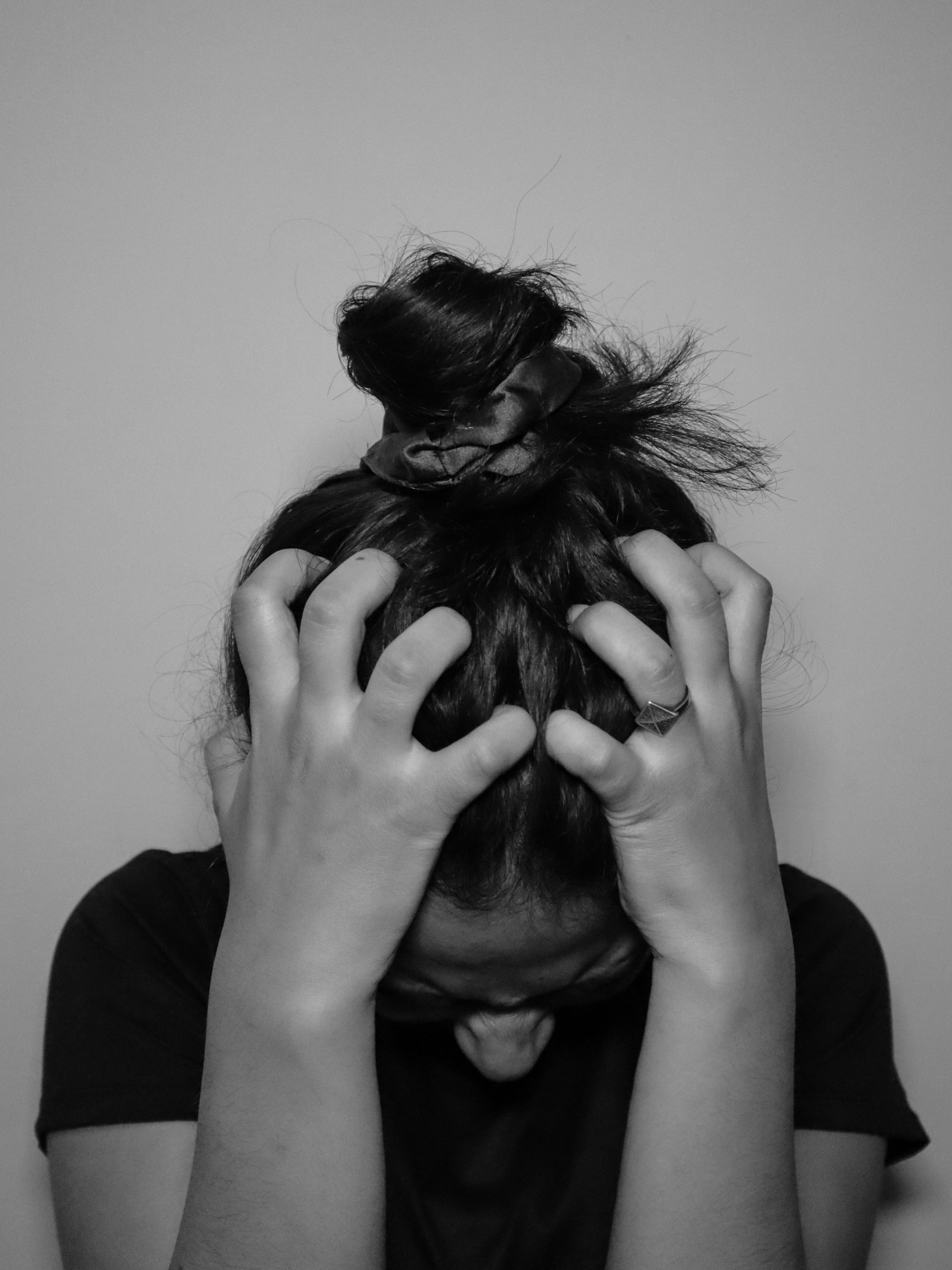Signs and Symptoms of Social Anxiety Disorder
Social anxiety symptoms can be experienced in many ways, often making routine social situations feel overwhelming. Below is a list of symptoms or signs you may feel, but it’s not an extensive list. Recognizing the signs and symptoms is essential in understanding what you’re going through and seeking the proper support.
Excessive fear of being judged: You may constantly worry that others will criticize or negatively evaluate you, even in everyday conversations and routine interactions.
Physical symptoms: Symptoms like sweating, trembling, rapid heartbeat, or blushing can occur when you’re in social situations. These physical reactions can be overwhelming and make you feel more self-conscious.
Avoidance of social situations: You might go out of your way to avoid events, gatherings, or any situation where you could be the center of attention due to fear of being embarrassed or scrutinized.
Overthinking or ruminating: After social interactions, you may obsessively replay everything you said or did, worrying about how others perceived you.
Difficulty speaking in public or around others: The thought of speaking in front of others may make you feel tongue-tied or freeze up when trying to communicate, causing an increasing fear of social situations.
Low self-confidence: You might struggle with feeling inadequate or believing you’re incapable of handling social interactions, which can lower your overall self-esteem.
At The Sylvia Brafman Mental Health Center, we understand the importance of finding the social anxiety treatment specifically for your symptoms. Contact our patient advocates to learn more about the available behavioral therapy for social anxiety resources, and we will answer any questions you may have.












